As I mentioned in an earlier post this was my first year participating in Pedagogy Saturday. What enticed me to try it out was the fact that I would be able to jump tracks if I wanted to. Pedagogy Saturday ended up being my favorite day of conference. It was very motivating and it made a great start to the week.
I was very interested in learning more about RMM. I generally knew what it was all about, but I wanted to really dive in and learn more. So the first class I attended was MTNA introducing the new RMM Specialist Program.
Brian Chung started out by giving a highly motivated introduction on RMM and our Future. If you have never heard Brian Chung speak, you are really missing out. He always makes me feel like standing up at the end with big applause and shout hooray after hearing him speak.
He begins by sharing that every so often we have the opportunity to change the world; seeing the opportunity before us that has the potential to transform this profession. He goes on to show examples of big changes not only in the music world but in the world in general and what a difference that has made to our lives. A musical example was the creation of midi and being able to layer instruments and how much easier it is now! Lesson: “A small group with a big idea can change the world! The world would be a dramatically better place if more people made music.”
Benefits of music can go on and on….
He continued to share specifically the benefits of RMM. “RMM can put us on the road to something spectacular; it is the road to unlimited imagination…”
Brian talked about what he calls the golden quadrant. This is the place where music making could finally receive the recognition and respect it deserves. The golden quadrant is high impact on high numbers. Some current examples would be sports and computers. There is also low impact on a small number of people. (If it went away they wouldn’t impact anyone) and high impact on small number of people (Where RMM is now). Our goal is to have RMM be the golden quadrant and that it IS possible! He went on and shared some interesting statistics. The first one coming from the 2008 Gallup poll- 82% of people say they want to play music. He went on to share interviews from several popular sports players… On their profile of questions, when asked- what talent do you wish you had? Most answered “to play the piano… guitar… an instrument…” Brian asked, “when most want to do this, why are we stuck on the small contract?”
Brian explains that we need a catalyst that reaches out to everyone regardless of age, personality type and ability. All that matters is where we are going. The secret ingredient to the golden quadrant is the teachers. We will meet them on their terms not ours.
He concludes by saying: “Music making has the power to edify, heal, empower and unite. Transform lives for the better. It will change the future of the world in ways we cannot imagine… May you grab onto it tight, raise it high and take us where we have never been before.”
The remainder of time was turned over to explain about MTNA’s RMM Specialist Program. (see MTNA RMM Specialist Program handout with more details)
This new program is not certification but designation (didn’t want to confuse it with MTNA certification program)
It is broken down into 4 projects:
- Teaching Philosophy- (RMM vs. Traditional) teachers role, teachers attitude, expectation of students, curriculum, repertoire (what do you cover?), student assessment (how do you let the students know how they are doing)
- Lesson Planning- Submit 2 lesson plans 2 different levels. ie: beginning RMM – no prerequisite and then a class that has been going on for several semesters. Needs to be in detailed narrative. Needs to include: teaching strategies (step 1, 2 etc.. how they will be learning a concept), alternatives (provide more then one way to teach concept or activity. ie: scale example showing a distribution of weight), materials (any teaching aids used- metronomes, midi, manipulative), practice assignment (something you would give the students- not just what but how to practice), summary (bullet points covering key concepts).
- Demonstration of Teaching- submit 2 video’s 10 min in length; correspond to lesson plans. Recording suggestions: practice, camera operator, borrow equipment, formats, authorization and release. Will be submitting the video online. Applicant will self evaluate from a form.
- Understanding RMM Teaching- submit 2 scenarios to provided teaching scenarios.
1. Classroom management (how you thought through pros and cons of situation)
2. Attitude/Morale (how you might “fix” a situation)
3. Other challenges (what will you do in a situation)
I really like the idea of having the RMM specialist program available and looking forward to seeing teachers receive their designation. I wasn’t able to attend the Q & A session at the end of the day so I don’t know if they talked about what it would cost to participate in this program. I am curious, and hope that MTNA will put information on the website as soon as possible with all the details. I’m excited for what is to come!
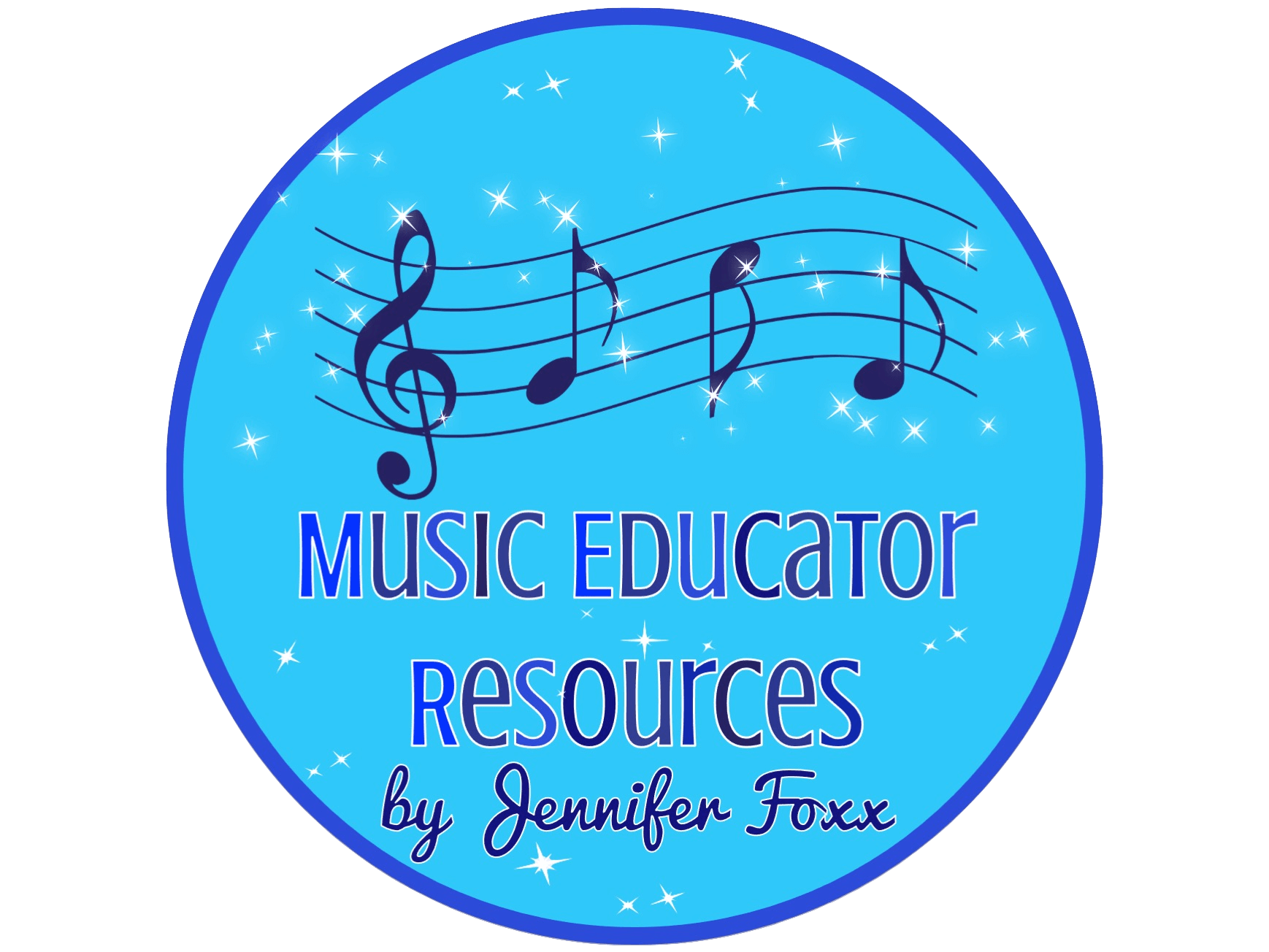

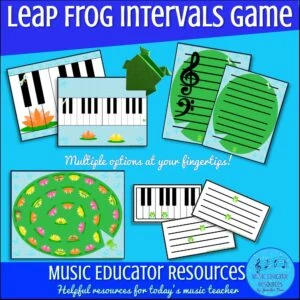
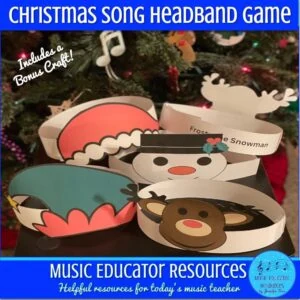
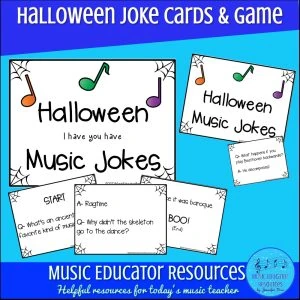
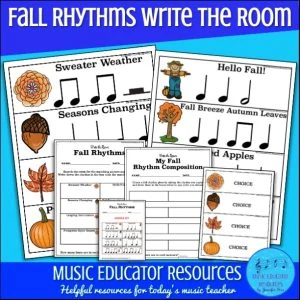
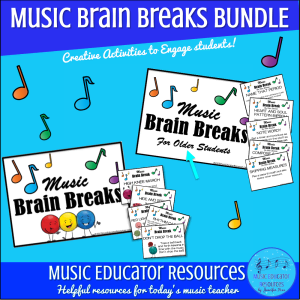
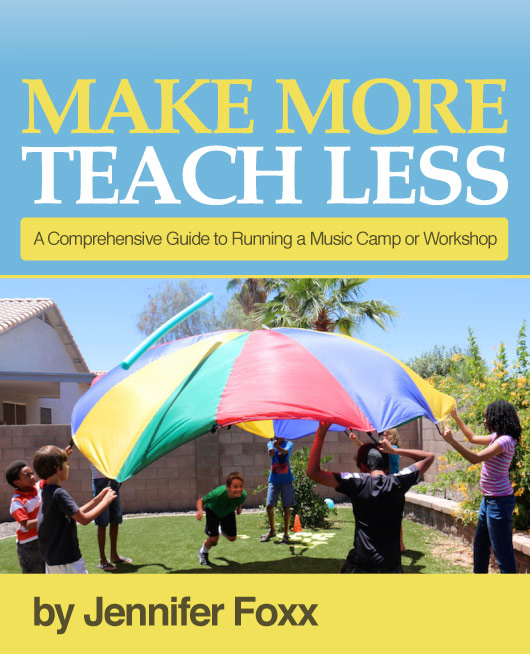
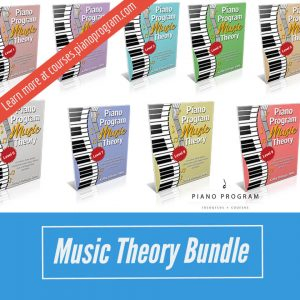
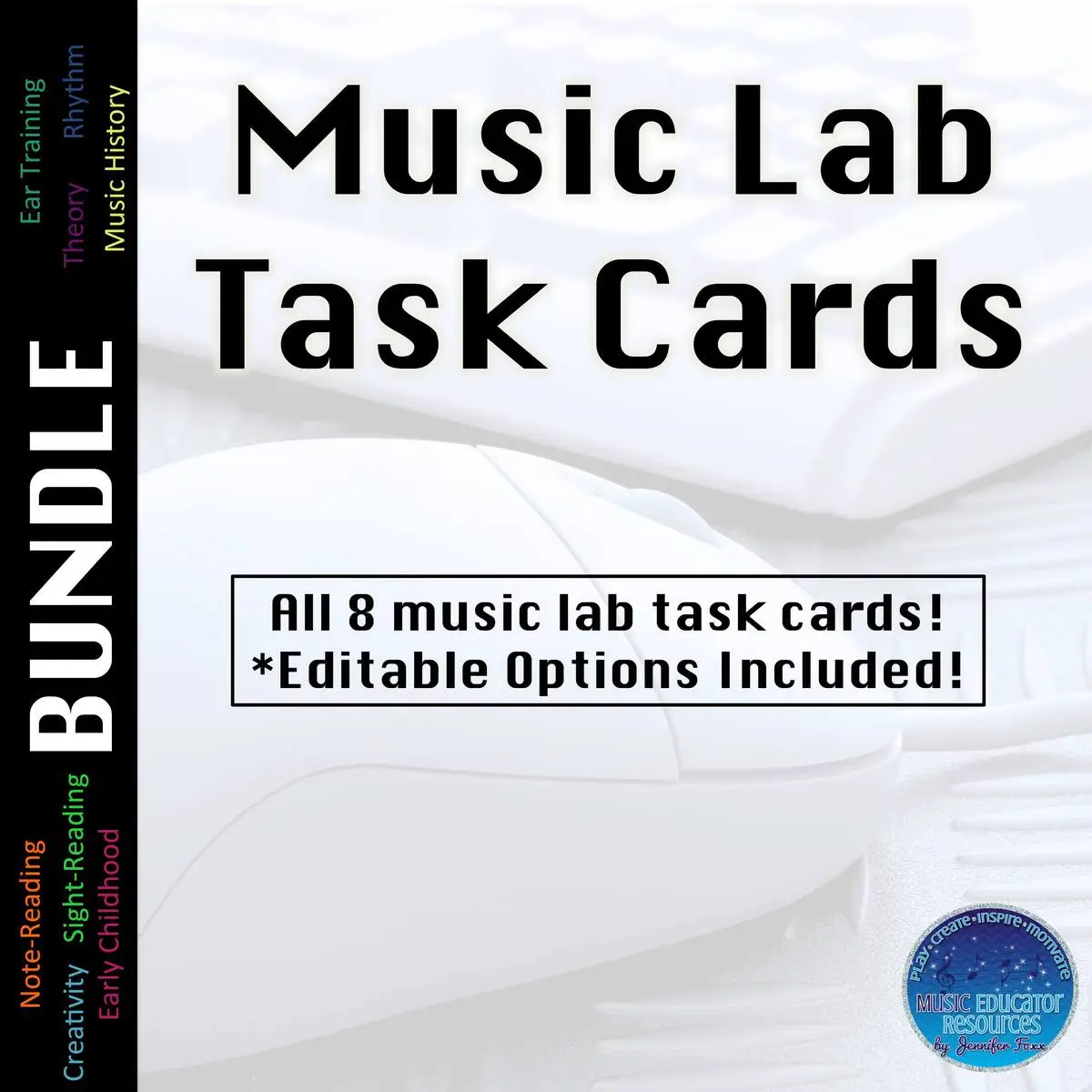
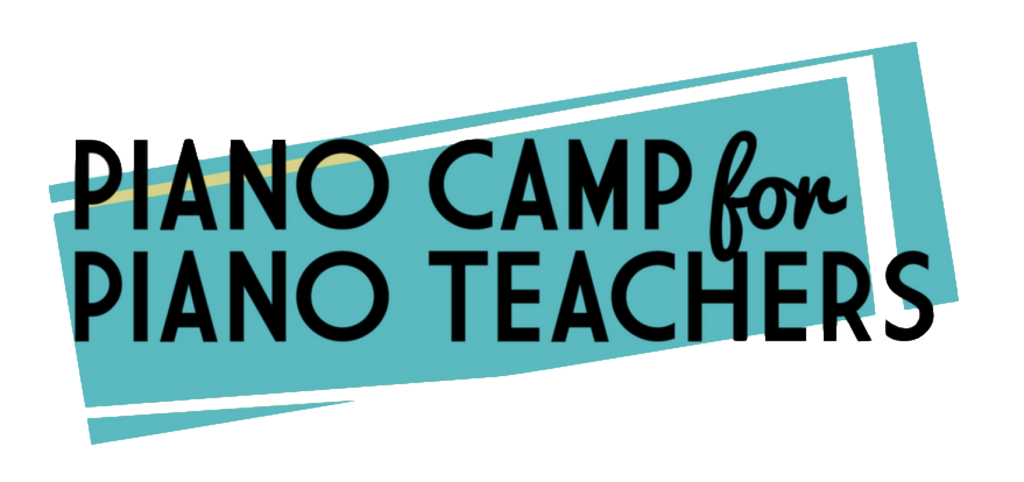
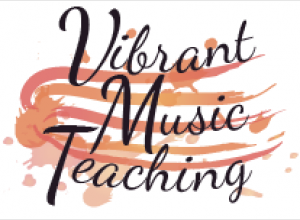

0 Comments